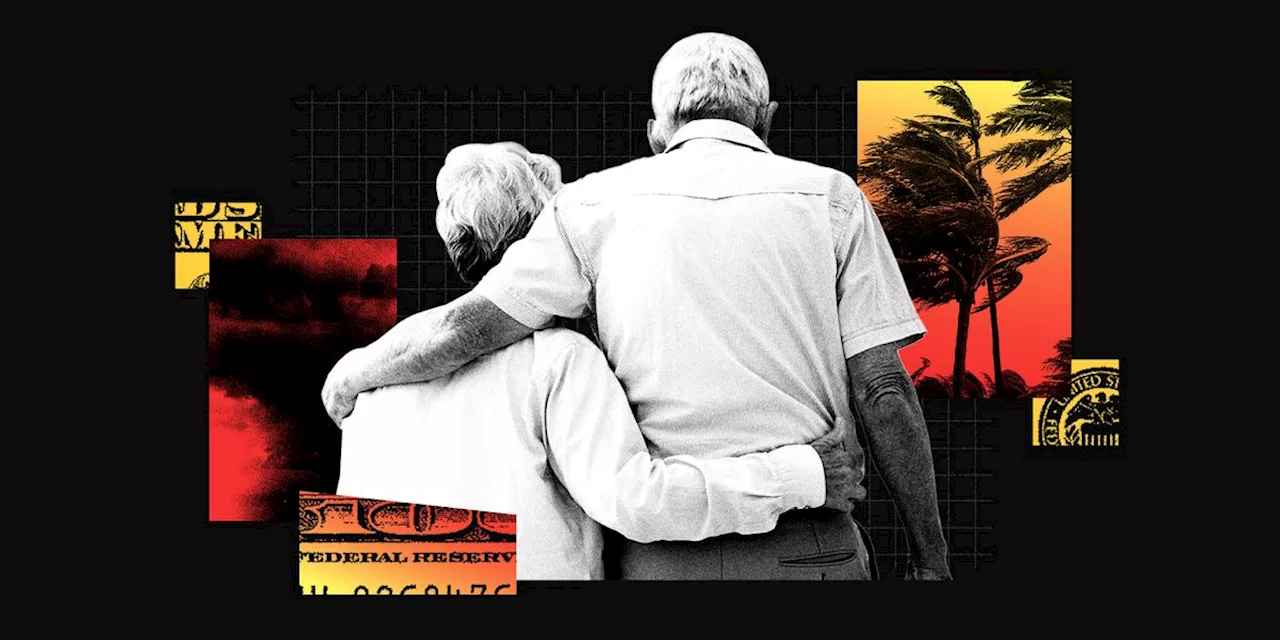As the US faces more frequent and severe natural disasters, homeowners, especially older adults, are struggling to cope with the immense financial and emotional toll. Many have lost their homes and life savings, leaving them vulnerable and facing an uncertain future.
Linda Sims was away visiting family in October 2017 when her next-door neighbor called: Sims' house was on fire. Within hours, the entire structure — and much of the surrounding northern California canyon — was wiped out by the Tubbs wildfire. The flames destroyed years' worth of Sims' and her husband's memories, possessions, and the house they planned to sell one day to add to their retirement savings. Had the couple been home that night, Sims is sure they would have died.
\'We wanted to live in the country, but we paid a big price for doing that: financially, emotionally, and physically, with our health,' she said, adding, 'The disaster aged us.' As the US experiences more severe and frequent natural disasters, homeowners are scrambling to protect themselves. Older adults like Sims are in an especially vulnerable position, as disasters threaten their savings and largely paid-off homes. \Over 60% of homeowners aged 65 and older have fully paid off their mortgages, per an analysis of 2024 Census data by the trade publication Construction Coverage. A report published in 2023 by the retirement firm Vanguard also found that 80% of Americans age 60 and over are homeowners, and housing wealth accounts for 48% of the age group's median net worth. But many can't afford to downsize into retirement or rental housing and struggle with the rising costs of utilities and insurance, even with the house paid-off. For these people, climate events are derailing meticulously made retirement plans. \Since the fire seven years ago, Sims, 81, and her husband moved four times because of rising housing costs. She told Business Insider that the couple had worked hard to save for retirement throughout their careers, but most of that money was invested in the house they lost in the fire. Despite the hundreds of thousands of dollars they received in insurance and settlement money, it didn't come near to covering the full cost. With limited savings left, Sims recently moved in with one of her children so that she could reduce her housing costs to cover the steep price of the memory care her husband now needs. She said what she receives monthly in Social Security barely covers her daily essentials. \'There was nothing I could do but just watch the money flow out of my account that I had saved,' Sims said. The catastrophic financial impact of disasters isn't a new problem for Americans, but it is a growing one. Since 1980, more than 400 weather and climate events in the US have exceeded $1 billion in damages when adjusted for inflation, per the National Centers for Environmental Information. Many of those storms, wildfires, and extreme temperature waves occurred in the past decade. The heightened risk has driven some home insurance companies to raise premiums, restrict coverage, or cut plans altogether. Several parts of California and Florida have been deemed 'uninsurable.' And, even for those with insurance, the payouts can be slow and pale in comparison to the damage. \'We lost half the value of our house or more because we didn't have enough insurance. Every two years, we went in and upped the insurance,' Sims said, explaining that she tried to increase the total amount of disaster coverage on the house several times before the wildfire. 'But that's all the insurance companies would allow in one of those areas.' For older Americans, losing their home can also mean losing their biggest asset, especially for those with houses in high-demand markets. A fifth of Americans 50 and older have no retirement savings at all. After building up a successful wholesale bakery business, Joe Steelhammer didn't expect to be living in his car. The 73-year-old lives in a suburb of Houston on his Social Security income, which he said isn't enough to pay rent. Steelhammer told BI his financial challenges began when 2017's Hurricane Harvey swept through the area, flooding the property where he owned a house and a commercial kitchen. He had been working full-time baking cakes, quiches, and desserts for restaurants and hotels. His vegan chocolate truffle cake was especially popular, he said. When the floodwaters receded, Steelhammer's home and kitchen were entirely destroyed. He said insurance provided some relief — but not nearly enough to cover his losses. He struggled to continue paying off the loans he took out to start his business, he added. Although Steelhammer said he had carefully planned for his retirement years, the loss of his home and business completely drained his savings, and the COVID lockdowns prevented him from regaining a reliable income through baking. He said he recently tried to apply for low-income housing, with no luck yet. \'I had a decision to make: I could either afford rent or I could eat and pay my bills,' Steelhammer said. 'I chose the latter of the two, and I started living in my vehicle.' For older adults facing retirement losses from a natural disaster, it can feel impossible to start over
CLIMATE CHANGE DISASTERS RETIREMENT HOMEOWNERS INSURANCE SENIOR CITIZENS FINANCIAL IMPACT
United States Latest News, United States Headlines
Similar News:You can also read news stories similar to this one that we have collected from other news sources.
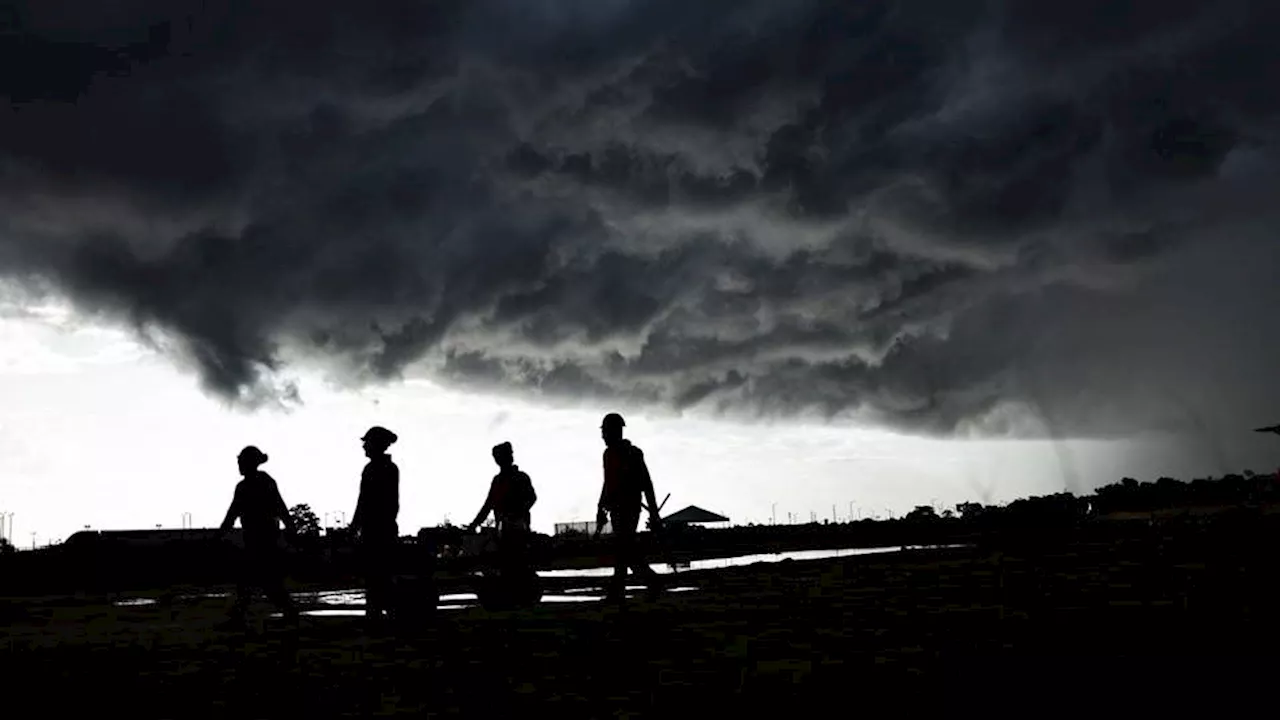 Brazil Faces Surge in Climate DisastersA new study reveals a dramatic increase in climate-related disasters in Brazil over the past few years, highlighting the urgency of addressing the climate crisis.
Brazil Faces Surge in Climate DisastersA new study reveals a dramatic increase in climate-related disasters in Brazil over the past few years, highlighting the urgency of addressing the climate crisis.
Read more »
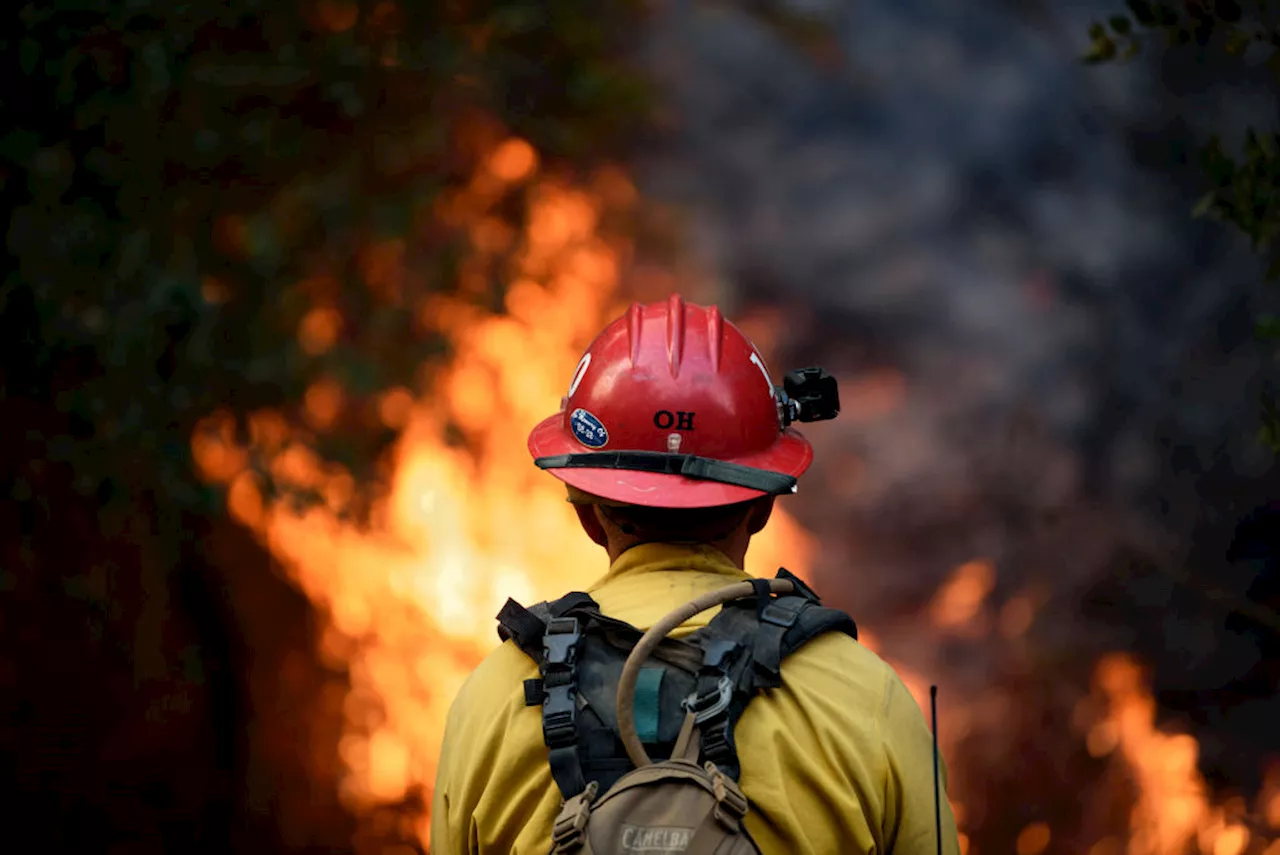 Older Women Face Higher Risk in Climate DisastersThis article highlights the disproportionate vulnerability of older women to climate-related disasters, using the example of the 2017 Thomas fire and the 2023 Lahaina wildfires. It argues that emergency planning often overlooks the needs of older adults living in the community.
Older Women Face Higher Risk in Climate DisastersThis article highlights the disproportionate vulnerability of older women to climate-related disasters, using the example of the 2017 Thomas fire and the 2023 Lahaina wildfires. It argues that emergency planning often overlooks the needs of older adults living in the community.
Read more »
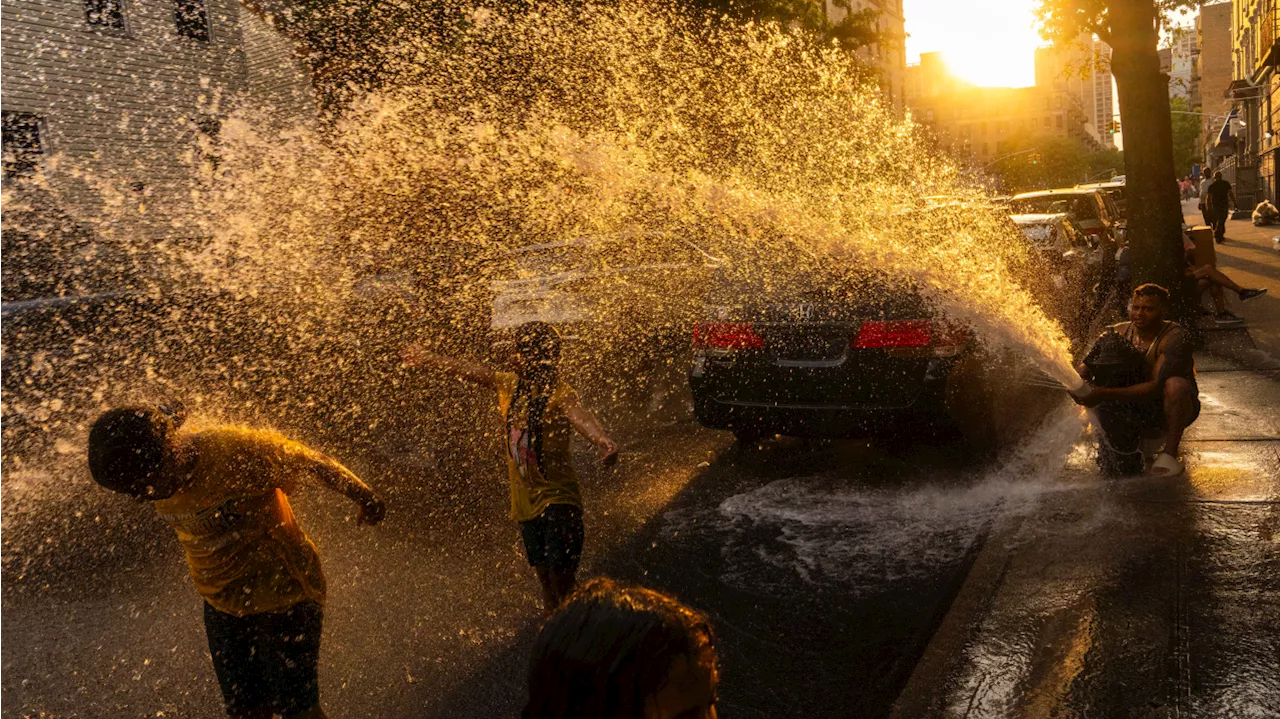 2024 Breaks Records for Warmest Year in U.S. and Sees Massive Climate DisastersThe contiguous United States experienced its warmest year on record in 2024, according to NOAA, with an average temperature of 55.5 degrees F. The year was marked by numerous extreme weather events, including devastating hurricanes, tornadoes, and wildfires.
2024 Breaks Records for Warmest Year in U.S. and Sees Massive Climate DisastersThe contiguous United States experienced its warmest year on record in 2024, according to NOAA, with an average temperature of 55.5 degrees F. The year was marked by numerous extreme weather events, including devastating hurricanes, tornadoes, and wildfires.
Read more »
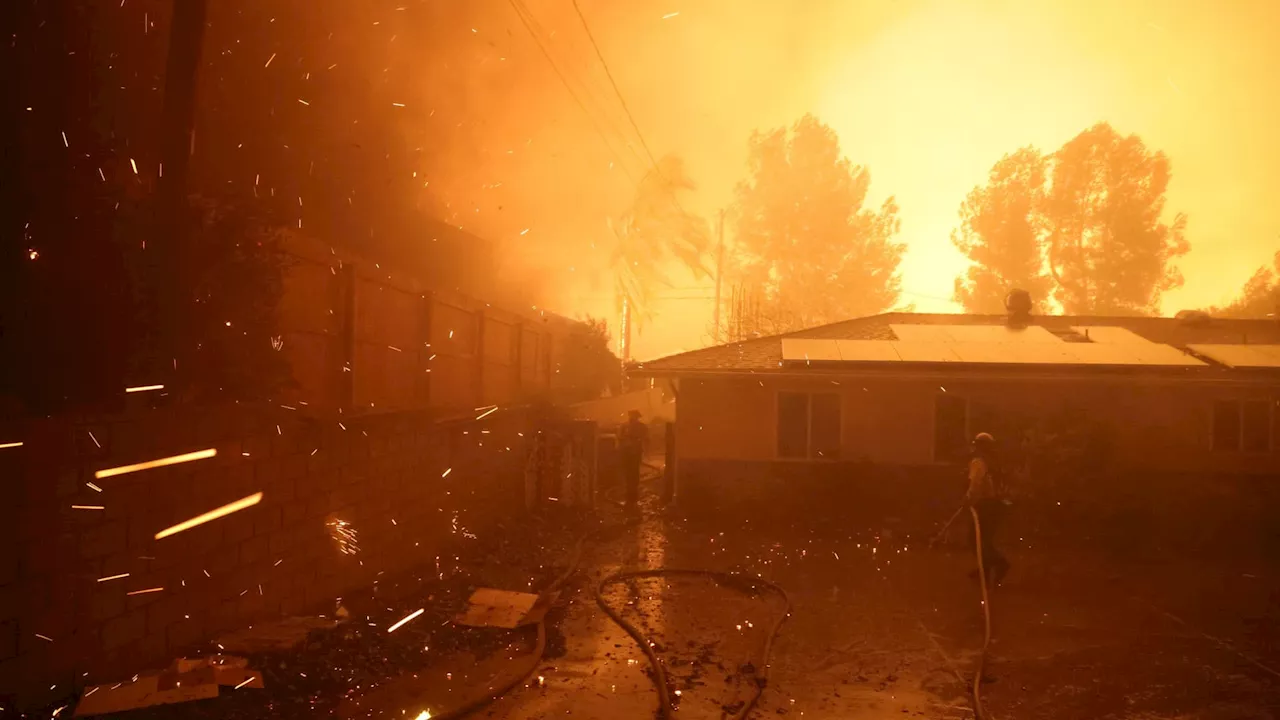 Climate Disasters Drive Up Homeowners Insurance Costs, Treasury Report FindsA new report from the US Treasury Department reveals a sharp increase in home insurance premiums, particularly in areas most vulnerable to climate-related disasters. The report attributes this surge to the growing frequency and severity of these events, which have led to billions of dollars in damages.
Climate Disasters Drive Up Homeowners Insurance Costs, Treasury Report FindsA new report from the US Treasury Department reveals a sharp increase in home insurance premiums, particularly in areas most vulnerable to climate-related disasters. The report attributes this surge to the growing frequency and severity of these events, which have led to billions of dollars in damages.
Read more »
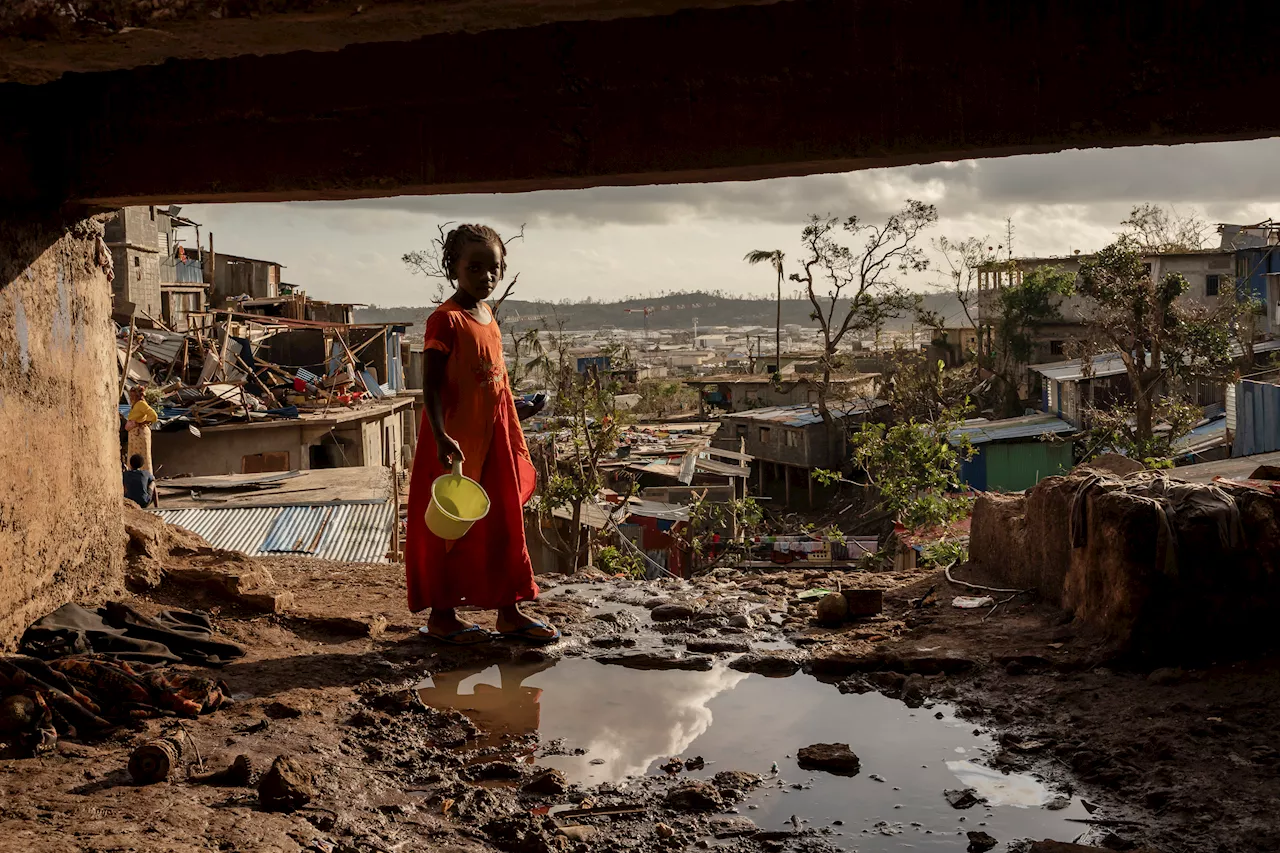 Climate Disasters Disrupt Education for 242 Million Children in 2024A new UNICEF report reveals that at least 242 million children globally experienced school disruptions due to extreme weather events in 2024. Heatwaves, cyclones, flooding, and other climate-related hazards impacted one in seven school-going children, with low-income countries in Asia and sub-Saharan Africa disproportionately affected.
Climate Disasters Disrupt Education for 242 Million Children in 2024A new UNICEF report reveals that at least 242 million children globally experienced school disruptions due to extreme weather events in 2024. Heatwaves, cyclones, flooding, and other climate-related hazards impacted one in seven school-going children, with low-income countries in Asia and sub-Saharan Africa disproportionately affected.
Read more »
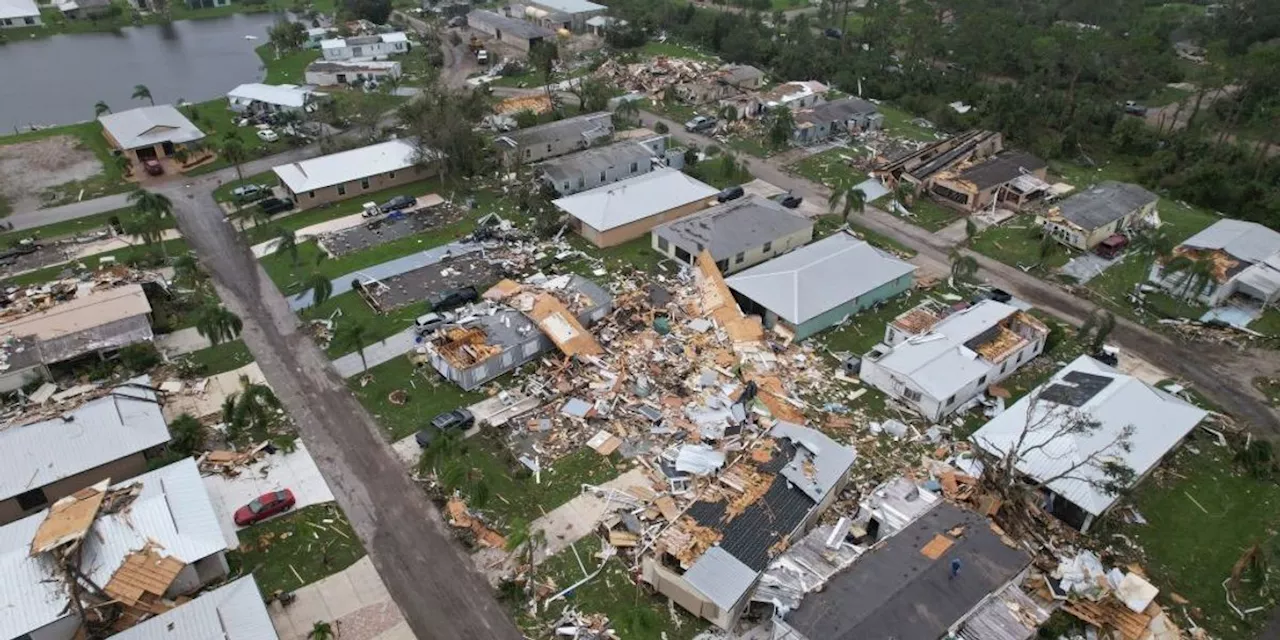 2024's Costliest Climate Disasters Highlight Human and Economic TollA new report by Christian Aid reveals the staggering economic and human cost of the top 10 climate disasters in 2024, emphasizing the urgent need for action to address climate change.
2024's Costliest Climate Disasters Highlight Human and Economic TollA new report by Christian Aid reveals the staggering economic and human cost of the top 10 climate disasters in 2024, emphasizing the urgent need for action to address climate change.
Read more »
